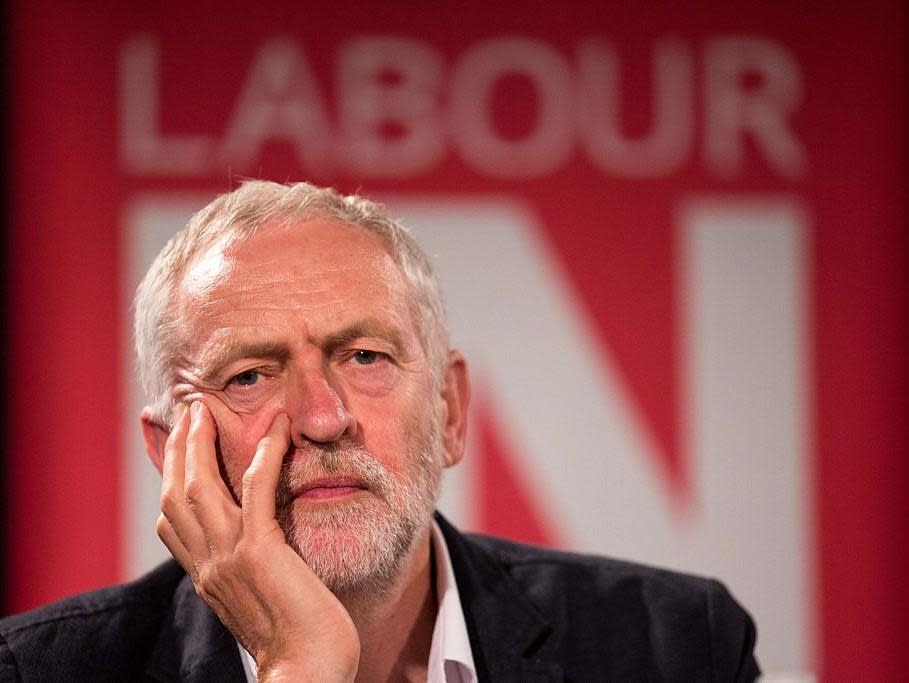Labour's broadband plans seem fairer than the Tories' – but either way the taxpayers are footing the bill

It was a well-kept secret, this idea of re-nationalising BT. It was a characteristically bold but well-prepared move by shadow chancellor John McDonnell, one of the few on the Labour front bench who ever bothers to think his schemes through. No wonder, by the way, that Sajid Javid has run terrified from the proposed TV debate with him.
So it revived terrible suppressed memories when I heard that Labour plans to nationalise the Open Reach arm of BT to create a new state corporation called “British Broadband”. No leaks, no pre-spun stories, no hints. I was not prepared for it. My mind immediately went back to 1979, when I nagged mum into helping me get my teenage social life sorted out and we asked Post Office Telephones, as it then was, if they could install a phone (what is nowadays called a “landline”). Yes, they would, but there was a waiting list. It took a couple of months.
The phone – a proper heavy black affair with a dial – remained the property of the British people. We couldn’t, even if we’d had such pretensions, have substituted it for some different design from the private sector. We could have had a “trim phone”, the wedge shaped thing that trilled like a bird. But that was about it in the way of consumer choices. Whatever type of phone you got you’d end up with crossed lines, able to overhear the neighbours’ intimate conversations like a Stasi officer. The like-it-or-lump-it inefficiency of the nationalised predecessor of British Telecom was legendary. Do we really want to go back to that?
You’d hope not.
But then again, there is a problem. The money for broadband will have to come from somewhere and go somewhere, and that is the elephantine question that, until McDonnell came along, was left unanswered.
The Tories want to spend about £24 billion on what Boris Johnson calls “gigabit broadband spreading across the country like tendrils of super-informative vermicelli because that is the way to unite the country; to spread opportunity.” He has pledged to spend about £25bn on the project; McDonnell puts it at £20 billion. Either way, the investment will, presumably, be coming from the taxpayers because the market seems neither able nor willing to raise it. Then it will go into the hands of the owners of BT to carry out the work, and, thus, be the property of BT shareholders, small investors, fat cats and pension funds alike.
McDonnell’s scheme is preferable in terms of the value for money available to the taxpayer because the state gets something concrete – an equity stake in BT and ownership of the network – in return for its wedge. Under the Tories, the money goes to BT and stays there, albeit for the wider benefit of the economy. Under the Labour scheme, the high-speed broadband service will be free to users; the running costs and funding new investment will come from a tax on tech firms such as Google. Under the Tories, we assume it will be paid for by charging customers. Neither party seems keen on a “private-public” partnership arrangement these days.
Either way – it is a lot of money. That money will be coming from taxpayers. The Conservative scheme (from what little we know of it) would also be less equitable if, for example, rural users were charged more than urban users (though you could argue that city dwellers shouldn’t have to subsidise country dwellers). In any case, the Labour scheme feels more equitable. It might well be more popular, because it is obviously fair and because it is extremely simple. An NHS for the digital revolution, you might say. Much of the benefit might be in improving the quality of people’s leisure time, but there would be a productivity benefit to the economy too. For a change, the British would not be left behind in embracing a transformative new industrial technology.
Still, though, I wonder. I would not support the notion of MPs deciding what BT Open Reach is worth. They surely have an incentive, at least on the Labour side, to value it as low as possible, and, in effect, expropriate the owners of the shares, who are not necessarily willing sellers. The pension funds being offered UK government bonds in compensation might prefer to own BT shares for the possibility of capital gain, as presumably they do now.
The track record of the British state in running commercial enterprises is, to say the least, mixed. The old nationalised (or part nationalised) Post Office/Royal Mail, Post Office Telephones, National Girobank, National Coal Board, British Leyland, British Steel, the National Freight Corporation, Rolls-Royce, British National Oil Corporation, British Rail, Thomas Cook (yes really), the pubs in Carlisle, the National Bus Company, British Gas, the electricity boards, Ferranti, International Computers Limited, British Airways, British Shipbuilders Corporation, British Aerospace, BP. Then there were state-sponsored co-operatives: The Norton Villiers Triumph motorbike concern; the Scottish Daily Express; Kirkby Engineering… It was possible for a British citizen to get through a working day with virtually no contact with a private concern.
It was a very big, very mixed bag. State-sponsored projects such as civil nuclear power, the Concord supersonic plane and the Nimrod early warning air system were unmitigated financial disasters. They all blew billions that could have been spent on schools and hospitals, or cutting taxes, say, but memories of the UK’s poor record with nationalised adventures are fading. At the very least, the voters deserve to be told why, in the case of British Broadband, “this time it will be different”.

 Yahoo News
Yahoo News 
